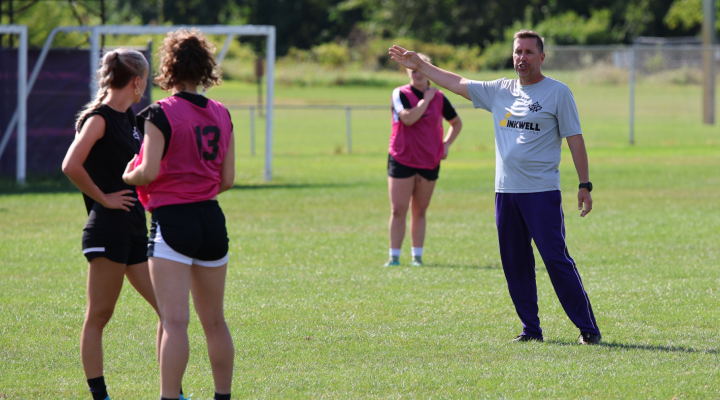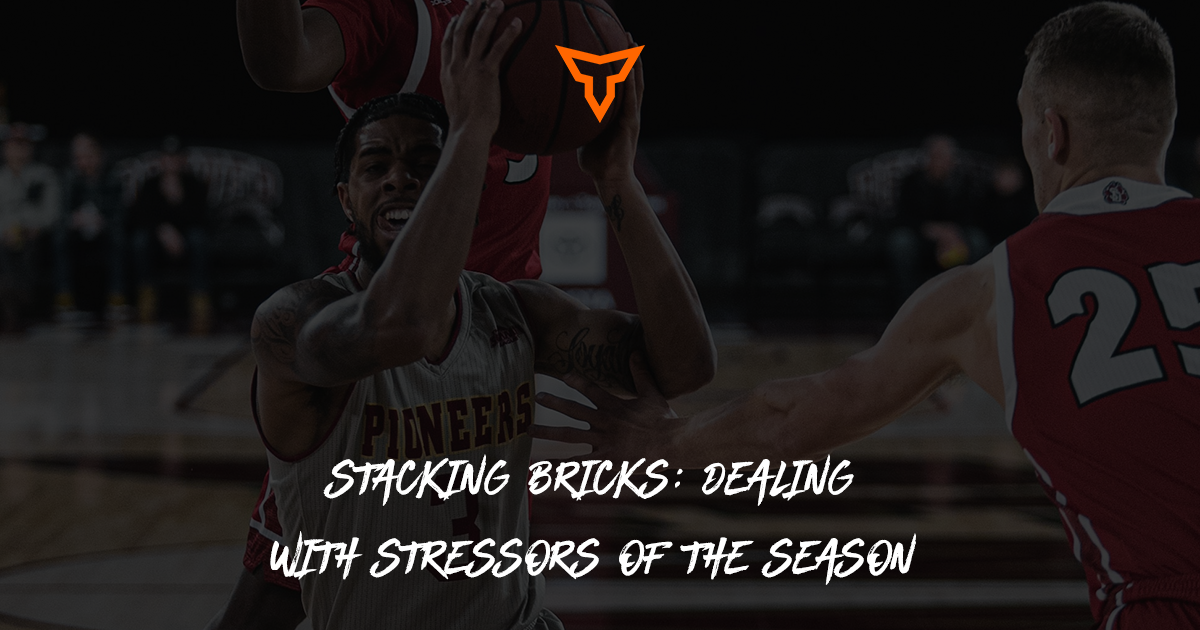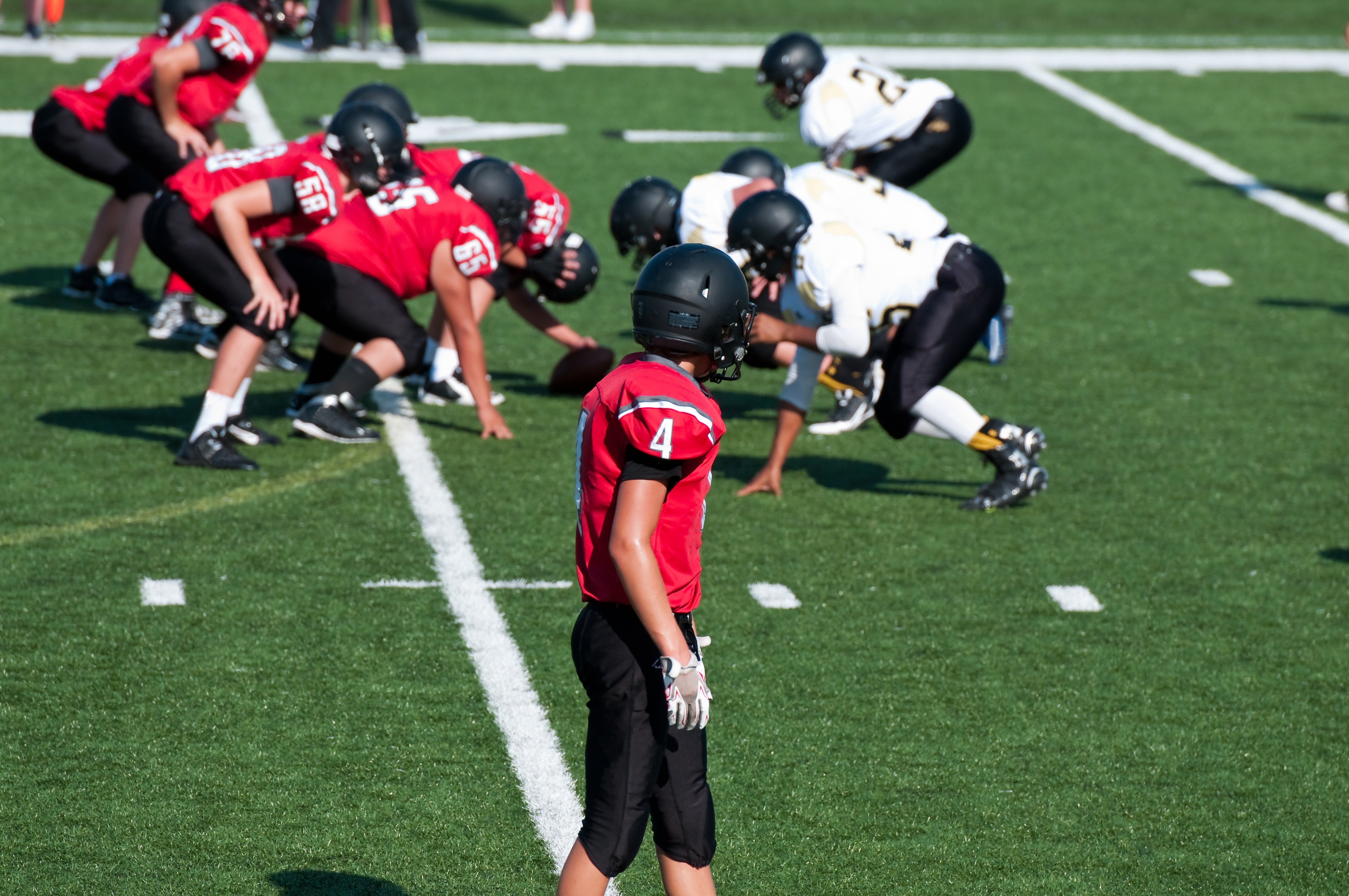Why "Culture" is So Important for Millennial Athletes
The San Francisco 49ers hired Jim Tomsula in 2015 to be their Head Coach. In his introductory press conference, Coach Tomsula was asked about his stance on social media. Coach Tomsula replied: “I don’t like it at all, don’t know anything about it, I don’t do it, and I don’t use it.”
A month later his staff quickly altered their stance, as they wanted to connect with their team of mostly millennial athletes. The average age on the 49ers roster at the time was 25 years old. This is only one example of how the Niners decided to take into account their young generation of athletes.
For instance, the coaching staff acknowledged the shorter attention spans of young millennial athletes. Their team meetings used to be 2+ hours with no breaks. Now they break their meetings into 30 minute increments, offering 10 minute breaks for players as Coach Tomsula puts it: "To grab their phones, get their multi-tasking done and get their fix,” before returning to meetings.
"Creating a culture" is a phrase that is referenced all too often throughout today’s coaching world. It has become apparent that coaches who create a "concrete" or "standardized" culture while simultaneously adapting to the personnel surrounding them will experience success and longevity; especially in a world of competitive sports where ‘what have you done for me lately?’ and the NFL aka ‘Not For Long’ creates amounting pressure for results in shorter periods of time.
The Evolving Need for Culture Change and Examination
In this article, I will provide some insight into the generational divide that us as coaches face in our ever-changing world of sports in working the Millennial/ Generation “Z” athlete, a topic that garners many opinions.
In my opinion, our society is evolving at an extreme rate that glorifies the hard and fast "Rock N’ Roll lifestyle" that lacks personal communication skills due the internet and cell phone era. Millennial athletes are growing up in the world of ESPN (24 hour sports networks), and 5-star recruits that can seemingly do no wrong and are told that they are the greatest thing since sliced bread causing athletes to have a sense of entitlement in all phases of their lives before any real accomplishment is achieved.
Optimistic cultures that preach accountability, loyalty, family, hard work, earn the jersey, "we, not me" mentality and have sustained success in doing so are unfortunately the minority in this world.
The Millennial/Generational Z population will benefit our society in many more ways if they are raised and coached appropriately based on the aforementioned characteristics. This opportunistic population tend to be great team players in diverse cultures that want to help others. They are also an expressive generation that knows how to deliver their opinions, are proud of their performances and work ethic, and are very tech savvy.
Every generation complains about the prior generation primarily because of differences in approaches to life. We all face issues when coaching various athletes due to personality differences, mental approaches to training, etc. When we take into account the variables that athletes bring to our facilities, we should look at answering the following questions honestly:
- Are we just looking for solutions or are we actually providing solutions that can help our athletes and move the coaching field forward?
- Or are we allowing our profession to follow today’s societal standards, even if they are perceived in a negative light?
- And are we willing to allow our athletes to follow suit in the realm of society by complaining about what we don’t understand
Millennial parents were the first to come of age in the world of social media. A well cultivated social media account has taken place of the well-manicured lawn in signaling term of wealth and a bourgeoisie status. Millennial parents are raising their kids in a world of minimal attention spans, multi-tasking, and numerous distractions. The odds of Millennial parents developing their child with morals, characteristics, face-to-face communication skills, prior to them joining our setting is, I believe, questionable.
“Digital screens are the new excess of poor habit formation”
Adults are devoting about 10 hours per day for screen time as Millennials and Gen. Z are dedicating 9 plus hours per day for screen time. In my opinion, parents are partially the blame for kid’s addiction to their digital screens. Parents will shove a digital screen in the faces of their child in hopes it will keep their attention. Parents struggle in balancing their friendship with their kids and properly administering needed discipline, wanting to be friends instead of disciplinarian leaders providing parental guidance (a tough love approach). Parents over protect their kids from experiencing failure or adverse situations on their own.
In order to impart our coaching methodologies. First, we must understand who these individuals are in order to fully connect and maximize potential. The Millennial group were born from 1982-2004 and the new group called Generation-Z were born starting in 2005 to present day. Millennial/Generation-Z are optimist rule-followers that thrive on structure. The typically like to volunteer, are bright, seek answers, lack of interaction with peers and are generally accepting of diversity. These individuals are accepting of authority if they sense honesty, realism, and humility.
The coaches that provide structure, leadership, guidance, and encourage a positive can-do attitude are more likely to experience buy-in immediately without any hesitation or resistance.
In order to close the generational divide we need to be Missionary Coaches. Before I elaborate on the term Missionary Coaching, you must understand who these pioneers are. Missionaries are likely to leave their comfort zone, enter a different culture, and learn the language and customs in order to reach people with their message. Missionaries will literally study a culture to learn its values so in the end they too can add value.
As coaches, we sometimes feel we are unable to connect with this different population. We must not fight this cross-culture relationship but face it in order to find out who these individuals are, what they value to lead them into a positive future. In order to reach the Millennial/Generation-Z we must understand their culture and customs as missionary coaches. We all preach the concept of lifelong learning while being humble in our methods in order to advance the relationships with our athletes.
“Relevant Coaches Use What is Cultural to Say what is Timeless” ~Tim Elmore
Now that we have a basic understanding of the Millennial/Generation-Z athletes, we as coaches will be able to naturally communicate. The goal as a leader is to initiate not to imitate in a trustworthy manner; and speaking their language will engage them on a more frequent basis. Finally, our goal is to benefit the athlete. Once the athlete realizes how much you care, then will they start to care how much you know. There are around 75 million Millennial/Generation-Z Americans that are ascending through the educational ranks, workforce and in sports. Ultimately, we must win them over one by one offering up various perspectives and methods.
Subscribe to our blog
Subscribe to receive the latest blog posts to your inbox every week.
Related posts

Bridging the Gap: High School and Private Sector Coaches

Stacking Bricks: Dealing with Stressors of the Season
